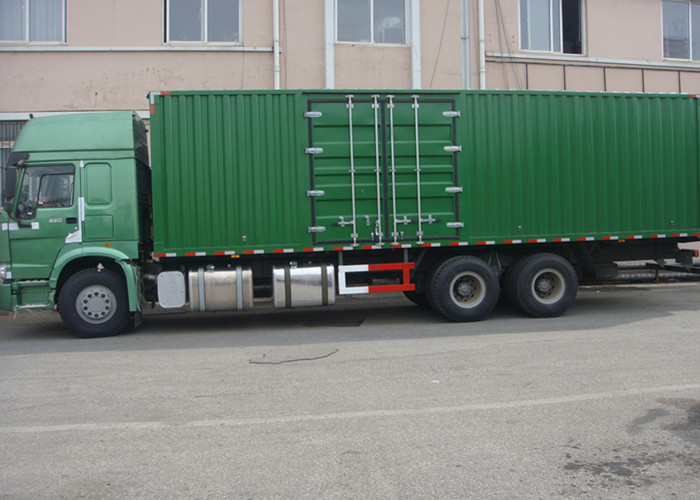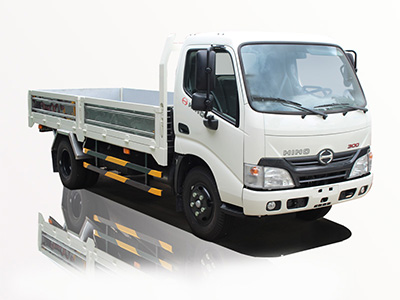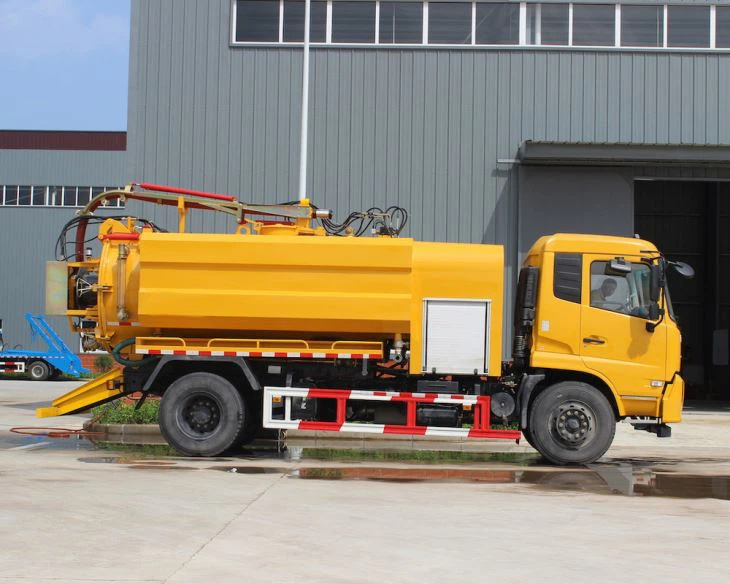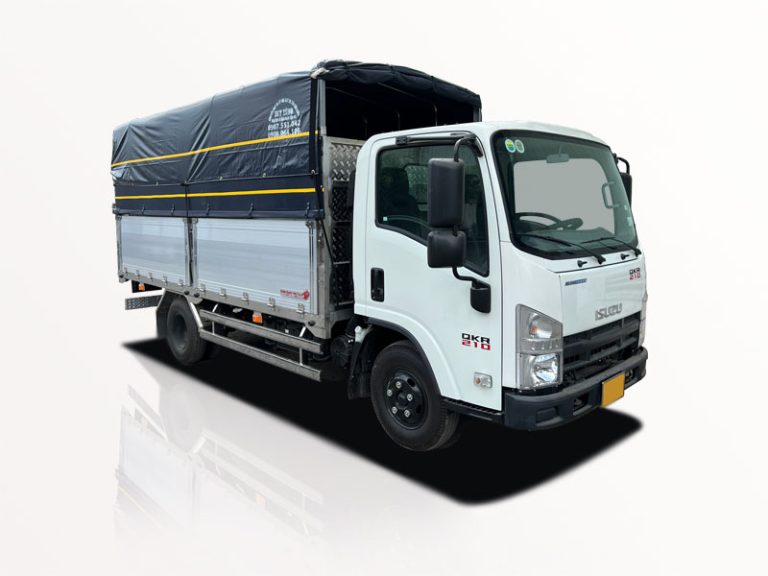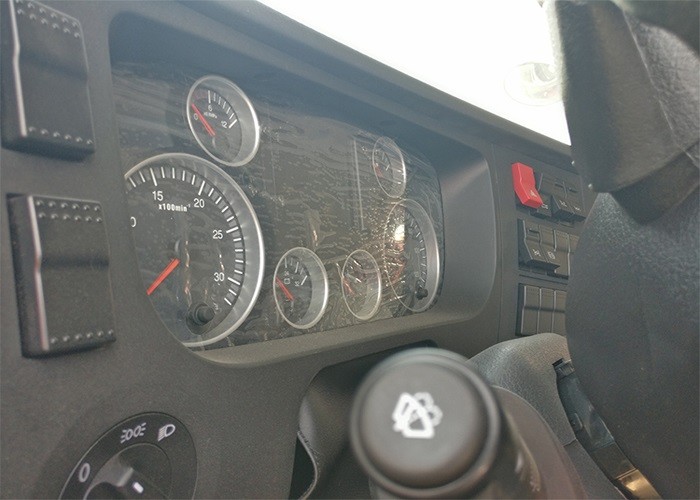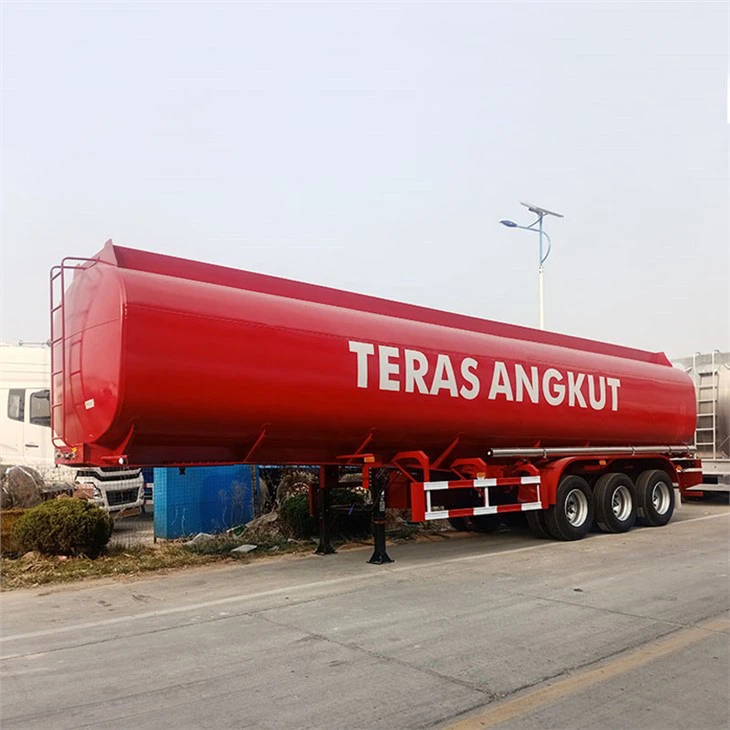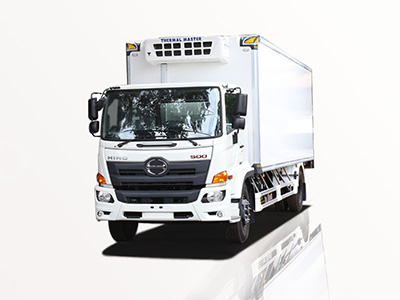Lorry recovery trucks are essential for the transportation industry, providing a critical service to help manage breakdowns and accidents on the road. This article aims to give you a comprehensive understanding of lorry recovery trucks, their types, benefits, and what to consider when choosing the right one for your needs.
Understanding Lorry Recovery Trucks
Lorry recovery trucks are specialized vehicles designed to transport other vehicles that are unable to move on their own. They are particularly vital for heavy goods vehicles, which can face severe challenges when it comes to roadside recovery.
The Importance of Recovery Trucks
In many regions, the sheer weight and size of lorries present unique challenges. Recovery trucks solve these problems effectively, ensuring that lorries can be transported safely without causing additional road hazards.
Types of Lorry Recovery Trucks
Various types of lorry recovery trucks are available, each designed to handle specific tasks or vehicle sizes. Understanding these types ensures you can choose the right truck for your requirements.
Flatbed Recovery Trucks
Flatbed recovery trucks feature a flat platform where the vehicle can be secured. They are ideal for transporting vehicles that have suffered from significant damage, as the vehicle can be winched onto the platform without additional strain.
Advantages
- Easy loading and unloading.
- Suitable for all vehicle sizes.
- Less risk of further damage to the vehicle being transported.
Rotator Recovery Trucks
Rotator recovery trucks are equipped with a rotating boom that allows for lifting and towing vehicles in multiple angles. These trucks are particularly advantageous for recovering overturned vehicles or those stuck in hard-to-reach places.
Advantages
- Versatile recovery options.
- Capable of lifting heavy loads.
- Highly effective for off-road situations.
Integrated Tow Trucks
Integrated tow trucks combine both the towing mechanism and the truck’s chassis. They are often used for emergency rescues and provide a compact solution for lighter loads.
Advantages
- Compact design for easy maneuvering.
- Quick response times in emergencies.
- Multifunctional capabilities.
Features of Modern Lorry Recovery Trucks
Modern lorry recovery trucks come with an array of features that enhance their functionality, safety, and efficiency.
Advanced Winching Systems
Many recovery trucks are now equipped with hydraulic winches that simplify the process of loading vehicles. These winches often come with remote controls for added convenience and safety.
GPS Navigation Systems
Being able to navigate effectively is vital for recovery operators. Modern recovery trucks integrate GPS technology that not only helps in locating and tracking vehicles but also optimizes the route for quicker response times.
Safety Equipment
Safety is a paramount concern on the road. Many lorry recovery trucks feature additional safety equipment, including:
- Flashing lights and beacons.
- Reflective markings.
- Automated braking systems.
Benefits of Using Lorry Recovery Trucks
Utilizing lorry recovery trucks provides multiple advantages for logistics companies, fleet operators, and individual owners alike.
Minimizing Downtime
Effective recovery services minimize the time a lorry is off the road, ensuring business operations can continue seamlessly.
Cost-Effectiveness
Though recovery services come with a cost, they often save money in the long run by preventing further vehicle damage and ensuring timely deliveries.
Professional Expertise
Hiring a recovery service involves trained professionals who understand the intricacies of vehicle recovery, thereby eliminating the risks associated with inexperienced handling.
Choosing the Right Lorry Recovery Truck
Selecting the appropriate lorry recovery truck depends on several factors that can influence efficiency and effectiveness.
Truck Capacity
The capacity of a recovery truck must match the size and weight of the vehicles you intend to recover. Check the specifications thoroughly.
Terrain and Environment
Consider the typical terrains you will operate in. Opt for trucks that perform well in the environments you’ll be working in, whether urban or rural.
Budget and Costs
Evaluate your budget to determine whether you want to buy or rent a recovery truck. Renting can be a cost-effective solution for occasional needs, while buying is a better option for frequent use.
Practical Examples of Lorry Recovery Scenarios
| Scenario | Type of Recovery Truck | Reason for Choice |
|---|---|---|
| Overturned Lorry | Rotator Recovery Truck | Ability to lift at various angles and secure without further damage. |
| Light SUV breaks down | Integrated Tow Truck | Compact design suitable for urban roads with quick response. |
| Heavy-duty truck needs transporting | Flatbed Recovery Truck | Easy loading and minimal risk of vehicle damage. |
Tips for Maintaining Your Lorry Recovery Truck
Regular maintenance is vital to ensure the longevity and reliability of your lorry recovery truck.
Regular Inspections
Conduct routine inspections to check for mechanical irregularities and service systems before heading out on a job. Regular checks can help avoid costly repairs.
Proper Loading Techniques
Ensure vehicles are loaded correctly to prevent any slippage during transit. Always use secure straps and chains for stability.
Training and Certification
Ensure that all operators are properly trained and certified to handle recovery tasks. Regular training can help mitigate risks and enhance safety.
Frequently Asked Questions (FAQs)
1. What is the average cost of hiring a lorry recovery truck?
The cost can vary significantly based on location and the services needed, but typical rates can range from $100 to $300 per hour.
2. How do I choose between renting and buying a recovery truck?
Consider how often you’ll need to use the truck. Renting is usually more cost-effective for infrequent users, while buying is better for regular operations.
3. Are recovery trucks covered by insurance?
Yes, recovery trucks typically need to be insured, especially if they are used commercially. Check with your provider for specific coverage requirements.
4. What safety features should I look for in a recovery truck?
Look for trucks equipped with advanced safety features such as flashing lights, reflective markings, and automated braking systems.
5. Can I operate a lorry recovery truck without a specific license?
Operating a recovery truck often requires a commercial driving license. Check local regulations to ensure compliance.
6. What is the maximum weight a lorry recovery truck can handle?
This depends on the specific truck model. However, most recovery trucks can handle from 3,000 kg (about 6,600 lbs) to upwards of 10,000 kg (about 22,000 lbs).
